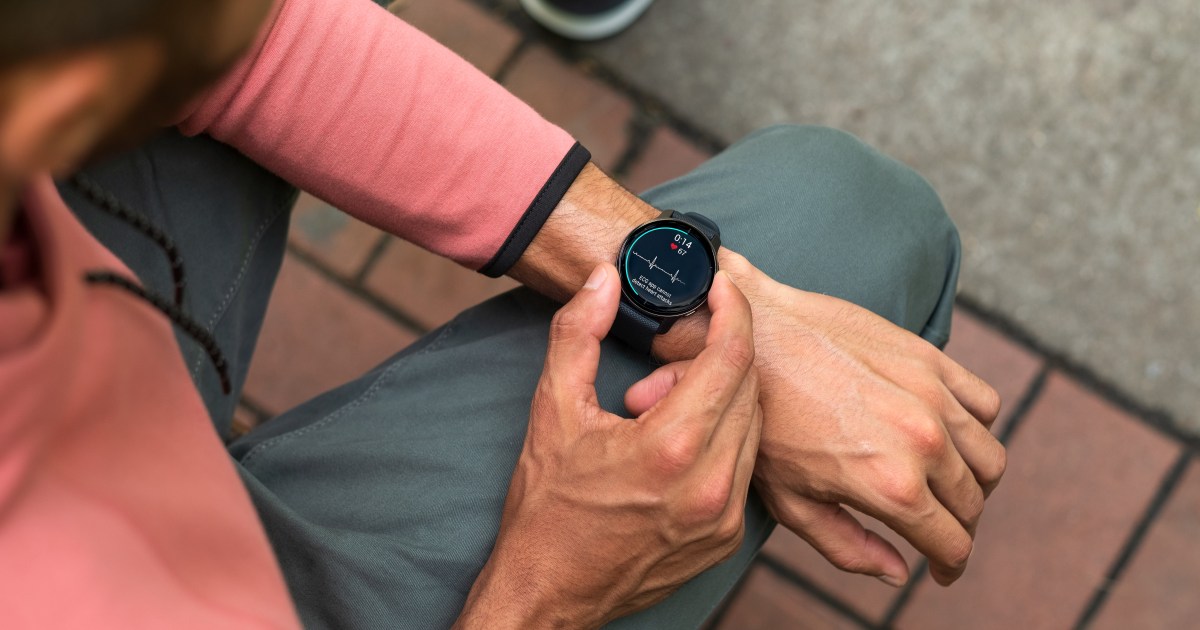The apps tackling Asia’s workplace mental health crisis

When it comes to mental health, Asia has a problem.
While one in four employees in Hong Kong have experienced mental health issues, according to WHO, one in three in Malaysia have had a mental health condition. South Korea, meanwhile, has the highest suicide rate of any OECD member nation.
As for the incoming workforce, Generation Z – more than half are experiencing poor mental health (51%), a recent study by AXA reveals.
And the impact on the workforce is significant and tangible.
In Singapore, the societal cost of mental health disorders, including employee absenteeism and loss of productivity comes in at US$1.2 billion per year, a 2021 study by the National Institute of Health finds. While in China and India, mental health issues are projected to reduce economy growth by more than US$9 trillion between 2016 and 2030.
More employers are waking up to the fact that a mentally fit workplace is good for business, and that failing to recognise and support employee wellbeing is not only bad for employees, but bad for the employer too.
With that, many businesses are turning to digital apps and platforms to offer employees education and support for mental illness.
Apps addressing the mental health stigma in Asia
While well-known mental health apps like Calm and Headspace have been used by companies globally for years now, a new wave of mental health platforms have begun rolling out across Asia, for Asia – providing regional employers (and employees) with a more localised offer that addresses the unique challenges of mental health in the region.
Among these unique differences, a heavier reliance on messaging apps, cultural sensitivities, and the very real stigma surrounding mental health.
The fact is, reaching out for support remains an issue in Asia, where the concept of mental illness is both undermined and stigmatised.
A 2020 academic review of stigma against mental illness in China, Hong Kong, Japan, Singapore, Korea, and Thailand found that these illnesses were viewed as personal weaknesses and therefore were less socially acceptable.
And this is where the latest startups come in with platforms that aim to eliminate the stigma and make mental healthcare truly accessible.
heyy addresses stigma by enabling confidential conversations
Like Heyy. Born out of a challenging phase in former Lazada and Flipkart executive Ankit Malhotra’s life, the Singapore-based startup is stamping out stigma by offering the most basic lifeline – conversations.
Ankit, who recently raised US$555,000 in a funding round, says the mental health issues that plague India and Southeast Asia are similar, including taboo, stigma, and a very low base of psychiatrists and therapists.
“We see a lot of companies in India and Singapore expanding outside of their home base, and these organisations want to extend credible mental healthcare to their employees,” he says.
link







